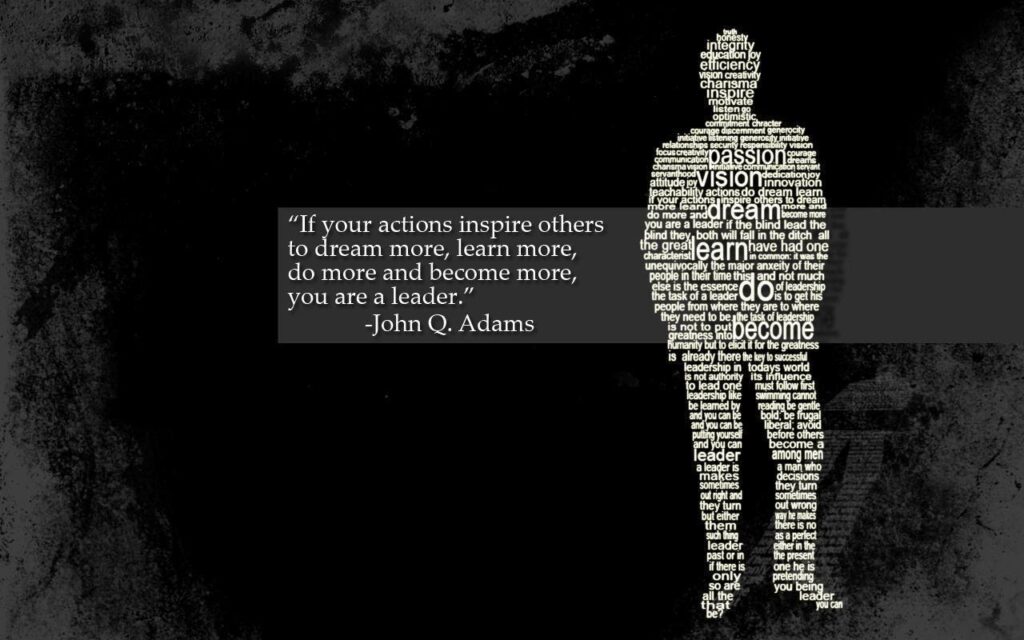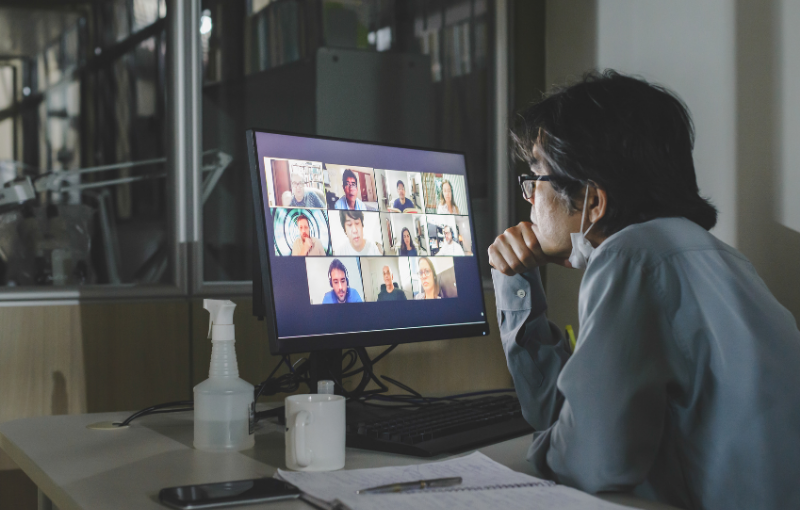
How to build a highly productive remote work environment
Great leaders play a vital role in bringing a civilized work environment within an organization. Offering remote and flexible work opportunities has become essential in the current job market to retain and attract diversified top talent.
We have recently been reading a lot of articles featuring remote work during COVID. Exemplary leadership skills are required to build and manage remote teams. The greatest challenge in an organization is developing a leader with a diversified mindset that can think globally.
The remote team manager has to trust their team and monitor and evaluate the remote team’s performance. The remote team manager should have a history of remote working.
Challenges
Let’s discuss some of the challenges faced by remote employees and the steps organizations should take to overcome those challenges. The percentage of employee burnout is on the rise during this COVID pandemic even more than before. Remote team managers should have a high level of Emotional Intelligence to spot burnout.
If left unnoticed, Burned-out employees can easily create a toxic work environment which eventually affects the overall productivity of an organization. As we all know, during this pandemic a lot of things have been happening/happened for companies as well for the people. Employee lifestyle is not the same as before.
Job Insecurity:
The anxiety level of employees may be very high due to lay-offs. They tend to work very hard fearing they might get laid off next. Leaving them very confused causes an adverse effect on mental health. The anxiety will be even higher if a team member was recently laid off. The following article explains why layoff anxiety is bad for business and what employees are worried about.
Solution: Companies must be as transparent as possible. Have open discussions with employees about the major decisions being made. Be upfront when you are planning for a layoff. If you are not planning for any layoff, create some situations where they build trust with you. Examples: asking for suggestions on process improvement, employee recognition awards, etc.
Isolation / depression / stress:
These have a direct impact on bringing low productivity if left unchecked. It is very common during COVID since employees are unable to socialize like they used to before. As we all know socializing can be a great stress reliever, and lessen feelings of isolation.
Solution: Stay connected with your team. Have one-on-one chats with your remote team members every 1 to 2 weeks. Have virtual lunch/drinks/coffee etc, and have a chat for at least 15 minutes. These check-ins can give you a sense of the individual’s mental status, and also ensure they feel considered. A sense of belongingness, rather than neglect. Planning full team drinks/lunch/coffee is also fun.
Get to know more about your team. Listen to them, pay attention to what they say, so you will get a hint if they are experiencing any burn-out or anything that is bothering them.
Check-in periodically if any part of the work needs some help or some additional training. Discuss positive things they did and discuss in a polite way if any issues need to be corrected.
Remote team managers should be very talented in crisis management and at times should also act as a ‘counselor’. ‘Critical thinking’ is the most important skill of a remote team manager. Be empathetic. Stay connected. Make them feel that they can reach out to you if anything is bothering them that affects their work.
Have regular ‘Training/Brainstorming sessions’ between managers and the team (make it more interactive and fun). This will encourage open communication and they learn a lot from each other. Hence improves open interactions between team members.
This article explains clearly what remote workers have to do to manage mental health during situations and what managers and the company can do to support the employees.
Micromanagement:
The biggest issue some remote employees face now is they are ‘being micromanaged’(which is even more stressful). Many companies are allowing employees to work remotely solely due to the pandemic. ‘Micromanagement’ is typically done by managers who’ve rarely worked in a remote working set up that have trouble trusting their team.
Solution: Let the remote team members know that it is perfectly fine to take breaks and do long walks/gym, or any personal work and then can resume the work after. Here are some Wellness Program Ideas for productive remote workers.
Be clear in communicating your expectations with the team. Let the team know that you are bothered only about the results and they are not being micromanaged (like checking login time, log-out time, continuously checking their activity, constantly on video meetings, etc.)
Have a clear process to track their performance and measure their outcome, with detailed daily reporting processes for the team. Have a meeting if the results aren’t satisfactory. Use collaboration tools to integrate the remote team employees spread across different geographical locations. Offer good training programs.
Miscommunication:
Miscommunication is one of the major issues in the remote working model and can lead to internal conflict.
Solution: When certain things are sensitive / needs more explanation / giving negative feedback/criticisms etc. it is better to have a phone call or video chat.
When communicating with a diverse remote team, make sure the communication is very clear. Speak slowly with non-native English speakers, and avoid slang. It is easy for anyone to understand the words being said but not the context or the meaning. As a result, it could confuse a diverse remote team, or even offend with what you said.

Healthy work environment = Healthy-minded employees
In closing, I would like to mention that it is every organization’s responsibility to set up an atmosphere within the company, where diverse teams can get along and work together happily. Which is crucial for the long survival of an organization.
Empower your team and build trust. Empowered teams always perform well!
Authors
Mathi Narayan
Mathi has a huge passion for Sourcing. She is an expert at sourcing for both tech and non-tech roles across any sectors. Previously she has built and managed a remote Sourcing team from scratch across various European locations. She is an expert at building and executing the sourcing plan; Design, Develop and Drive research and sourcing strategies to hunt for top talent for very tough to fill roles with any type of startups. Anything related to startups excites her. Mathi is originally from India and earned an MBA in Human Resources & Marketing from Bharathiar University (India). She currently lives in Dallas, Texas with her family.
Recruit Smarter
Weekly news and industry insights delivered straight to your inbox.





